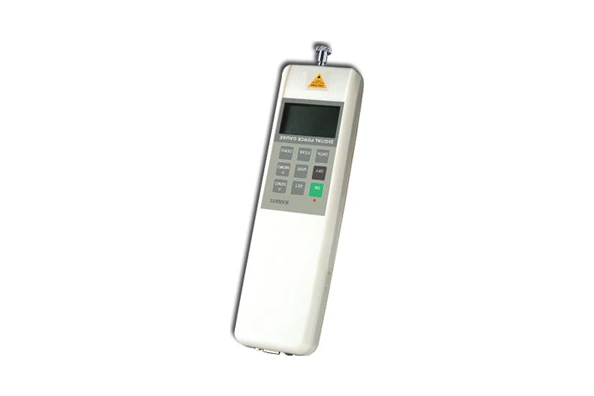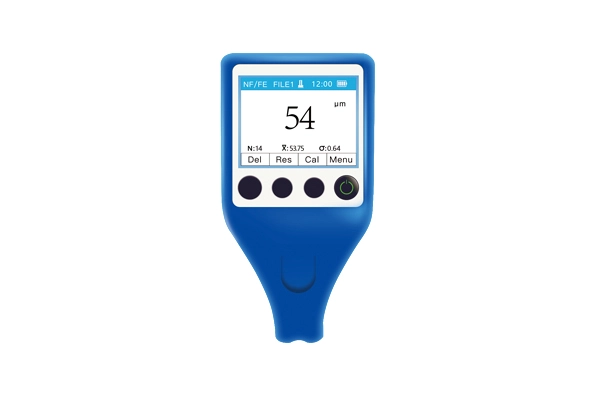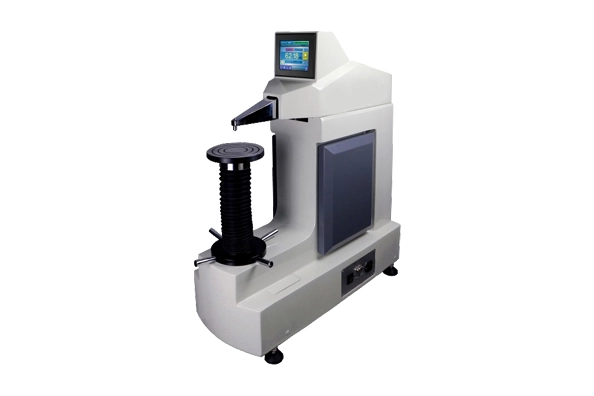Hardness testing is an indispensable part of the materials science field, which is directly related to product quality, performance evaluation and process improvement. Among the many hardness testing methods, Webster hardness tester is widely used for its unique advantages. In this paper, we will focus on four key aspects of the Webster hardness tester and other hardness test methods for comparison, in order to better understand the advantages and disadvantages of each and the application of the scene.
The Test Principle and Scope of Application
The Webster hardness tester uses the indentation method for testing, by measuring the size of the indentation left by the indenter on the surface of the material to assess the hardness of the material. This method is applicable to a wide range of materials, including metals, plastics, and certain non-metallic materials. In contrast, other hardness testing methods such as Brinell, Rockwell, and Vickers each have their own specific testing principles and scope of application. The brinell hardness tester is suitable for softer materials such as castings, forgings, and annealed steel; The rockwell hardness tester is suitable for rapid hardness testing of metallic materials; and Webster hardness tester is suitable for thin and small materials and surface hardened layers. Therefore, in the selection of hardness testing methods, need to be based on the type and characteristics of the material for comprehensive consideration.
The Ease of Operation and Efficiency
The Webster hardness tester has the characteristics of convenient operation and high efficiency. Its structure is simple, easy to carry and use, especially suitable for on-site rapid testing. At the same time, the Webster hardness tester test process is relatively simple, without complex sample preparation and data processing steps, so the test results can be quickly obtained. In contrast, some other hardness testing methods may require more complex procedures and longer test times. For example, Brinell hardness testing requires grinding and polishing of the sample, while Rockwell hardness testing requires the selection and calibration of different scales for different materials.
Precision and Reliability
Precision and reliability are important indicators for evaluating hardness testing methods. The webster hardness tester performs well in terms of precision and reliability, and can meet most of the routine testing needs. However, it should be noted that there is a certain conversion error between different hardness test methods. Therefore, when using different methods for hardness testing, attention needs to be paid to the accuracy of the conversion formula and the scope of application. In addition, for some special materials or specific application scenarios, a more accurate hardness test method may be required to obtain more accurate test results.
The Cost and Maintenance
Cost and maintenance is also one of the factors to consider when choosing a hardness test method. The Webster hardness tester is relatively inexpensive and has low maintenance costs. This makes the Webster hardness tester the preferred choice for users with limited budgets or who need to perform frequent field tests. However, it should be noted that different brands and models of Webster hardness tester may vary in performance and price, so users need to make a choice based on their actual needs when making a purchase. In addition, for other hardness testing methods, such as Brinell, Rockwell, and Vickers, the cost and maintenance costs may vary depending on the complexity of the equipment and test accuracy requirements.
In summary, Webster hardness tester and other hardness tester use methods have their own characteristics. When selecting a hardness test method, comprehensive consideration needs to be made based on the type of material, testing needs, ease of operation, accuracy requirements, and cost budget. Through an in-depth understanding of the advantages and disadvantages of various methods and applicable scenarios, users can choose the hardness test method that best suits their needs to ensure the accuracy and reliability of the test results.

 français
français Español
Español русский
русский العربية
العربية português
português


